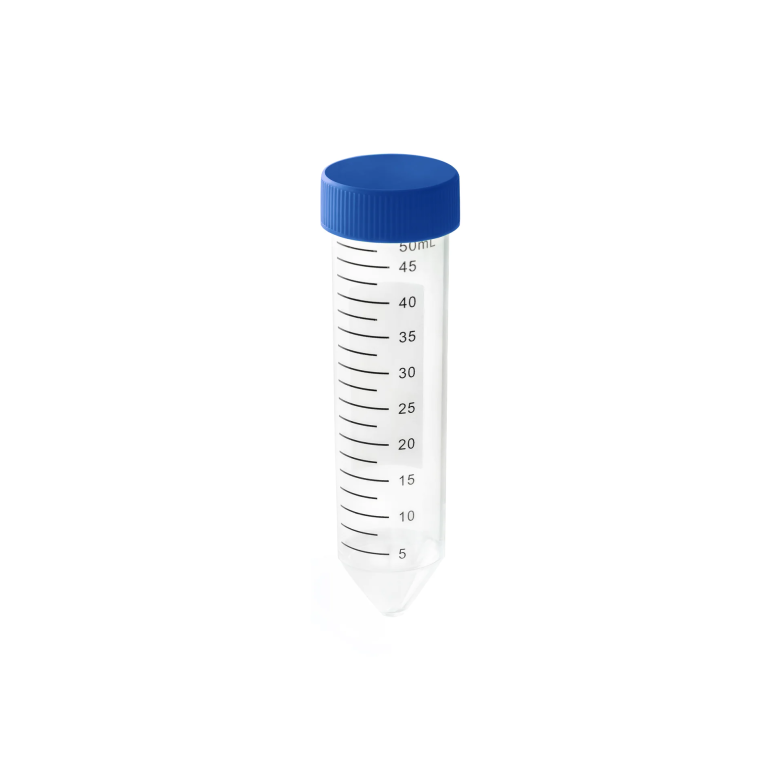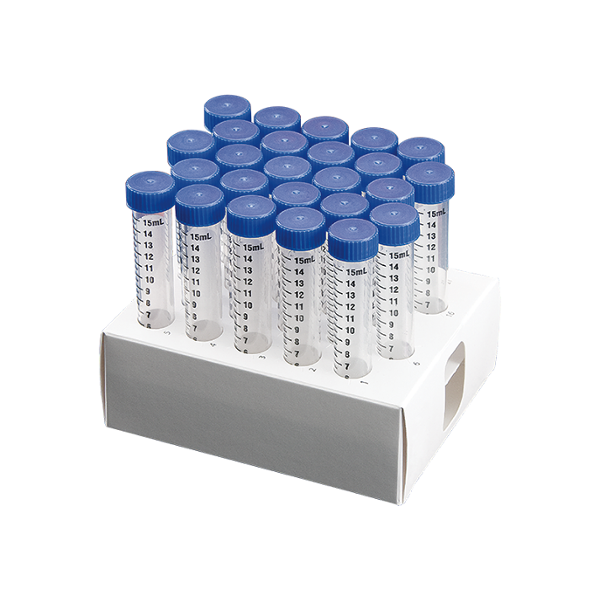No, pipette tips can vary in several ways, including their size, shape, material, and compatibility with specific pipettes. Here are some key differences:
- Size: Pipette tips come in various sizes to accommodate different volumes of liquid. Common sizes include 10 µL, 200 µL, 1000 µL, and so on.
- Shape: Tips can have different shapes such as beveled, pointed, or extended, which may affect their performance with certain liquids or applications.
- Material: Pipette tips are typically made from either polypropylene or polyethylene. Polypropylene tips are more resistant to chemicals and can be used with a wider range of reagents, while polyethylene tips are more flexible and less likely to scratch delicate surfaces like glass.
- Filter: Some pipette tips come with built-in filters to prevent contamination of the pipette during aspiration.
- Compatibility: Pipette tips are designed to fit specific pipette brands and models. Using the wrong tip can lead to inaccuracies in pipetting.
- Sterility: Some pipette tips are pre-sterilized for use in sterile environments such as cell culture or PCR.
It’s essential to choose the right pipette tips for your specific application to ensure accurate and reliable results.


